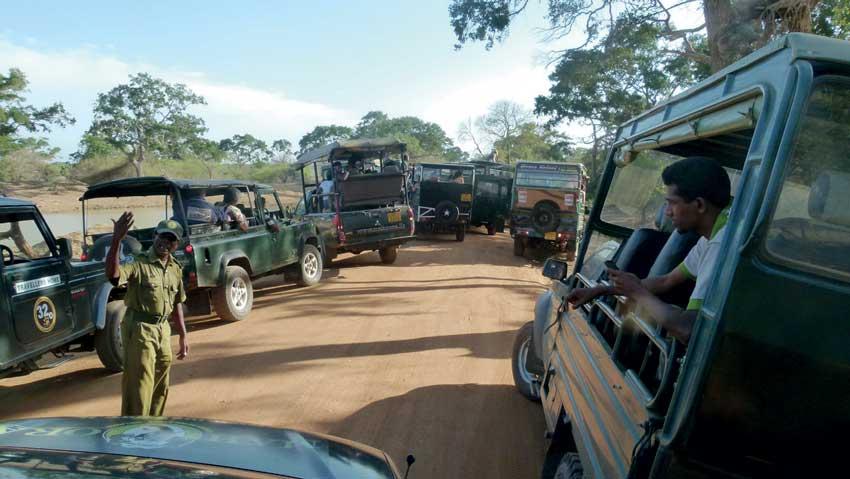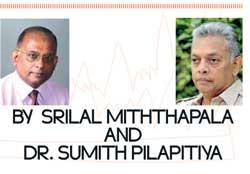Reply To:
Name - Reply Comment

 The current ongoing COVID-19 pandemic has brought tourism and leisure travel to its knees. With extended curfews and strict restrictions of movement, almost all establishments have been shut.
The current ongoing COVID-19 pandemic has brought tourism and leisure travel to its knees. With extended curfews and strict restrictions of movement, almost all establishments have been shut.
The wildlife parks also have been closed for close to a month now. There are reports of wild animals enjoying the undisturbed freedom they suddenly are experiencing. The natural environment in general also seems to have taken a turn for the better. Not only in Sri Lanka, but the world over, it is seen that nature can heal itself, if given some space and time.
It is common knowledge that in the past years of post-war rapid development, we have exploited our natural assets and wild life in the name of tourism to almost a point of no return, by overcrowding and over-visitation. We have pursued quantity over quality.
This approach to wildlife tourism has resulted in a plethora of negative comments in social media about the tourists’ experience of wildlife parks in Sri Lanka. Continuation of a ‘business as usual’ scenario would ensure the demise of the wildlife tourism industry on the longer term. While wildlife tourism in Sri Lanka has tremendous economic potential, it should not be promoted at the expense
of conservation.
It is conservation of our natural assets that will ensure the sustainability of the wildlife tourism industry. However, wild animals in most of the popular wild life parks in the country, were being harassed and hounded out, due to frenzied visitation. And the main cause for this has been the irresponsible behaviour of safari drivers and their blatant disregard of rules, and the inability of the Department of the Wild Life Conservation (DWC) to effectively enforce law and order inside the parks.
Hence this is an opportune moment to wipe the slate clean, and start a fresh, with proper guidelines and rules for responsible utilization of our wild life parks.
Some suggestions are given below.
Rules for all visitors and safari jeep drivers
These rules must be strictly enforced once the wild life parks re-open for visitors. Not adhering to any of the following should result in a fine or suspension of the driver or visitor concerned.
The DWC must be given the full authority to enforce following rules, without any interference from any external sources.
Department of Wildlife Conservation
In order to ensure a better visitor experience, the DWC should also undertake immediately to prepare detailed, time bound visitor management plan with short, medium and long term actions. This should be done for all over-visited National Parks (Yala, Uda Walawe, Minneriya, Kaudulla, Wilpattu and Horton Plains)
This visitor management plan should include the following actions as a minimum-
This plan should be drafted during this period of ‘lockdown’ , working on line, and be made ready to be implemented with the recommencement of visitation of the national parks.